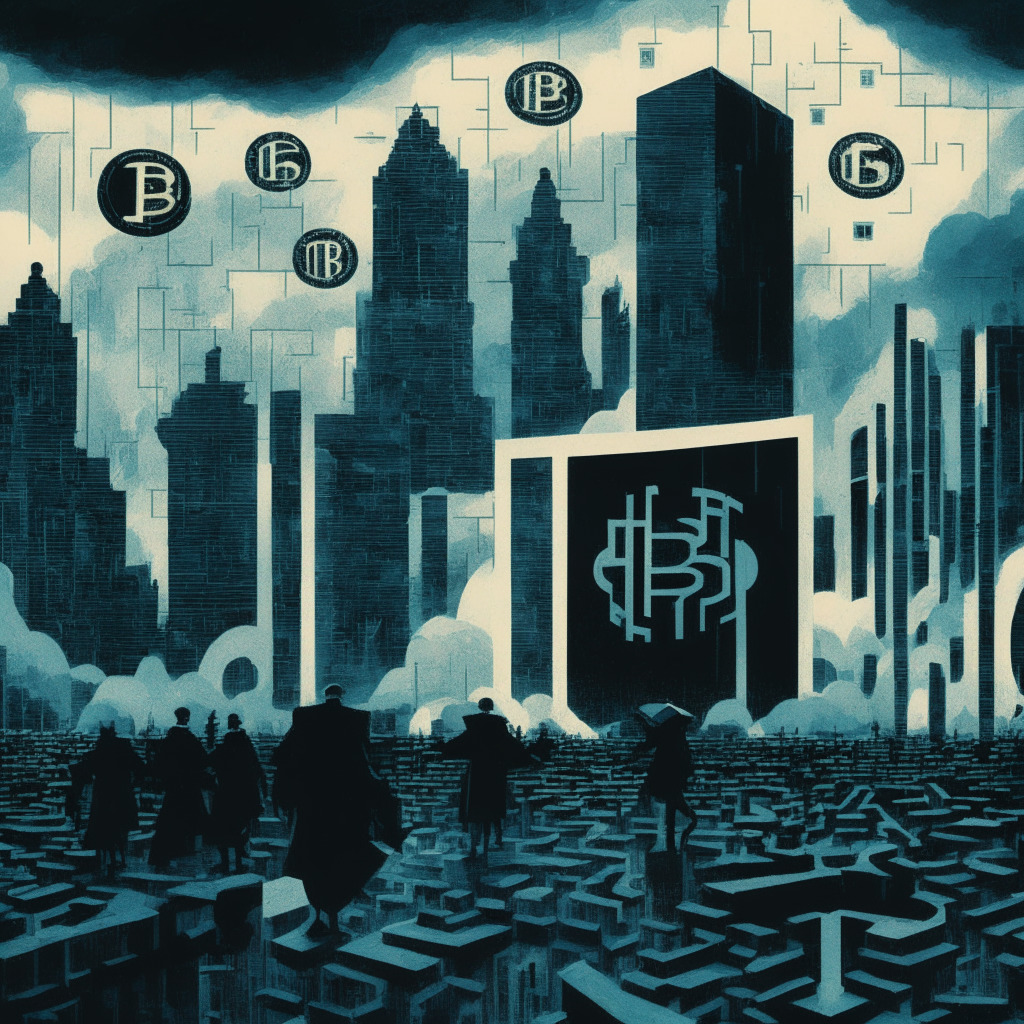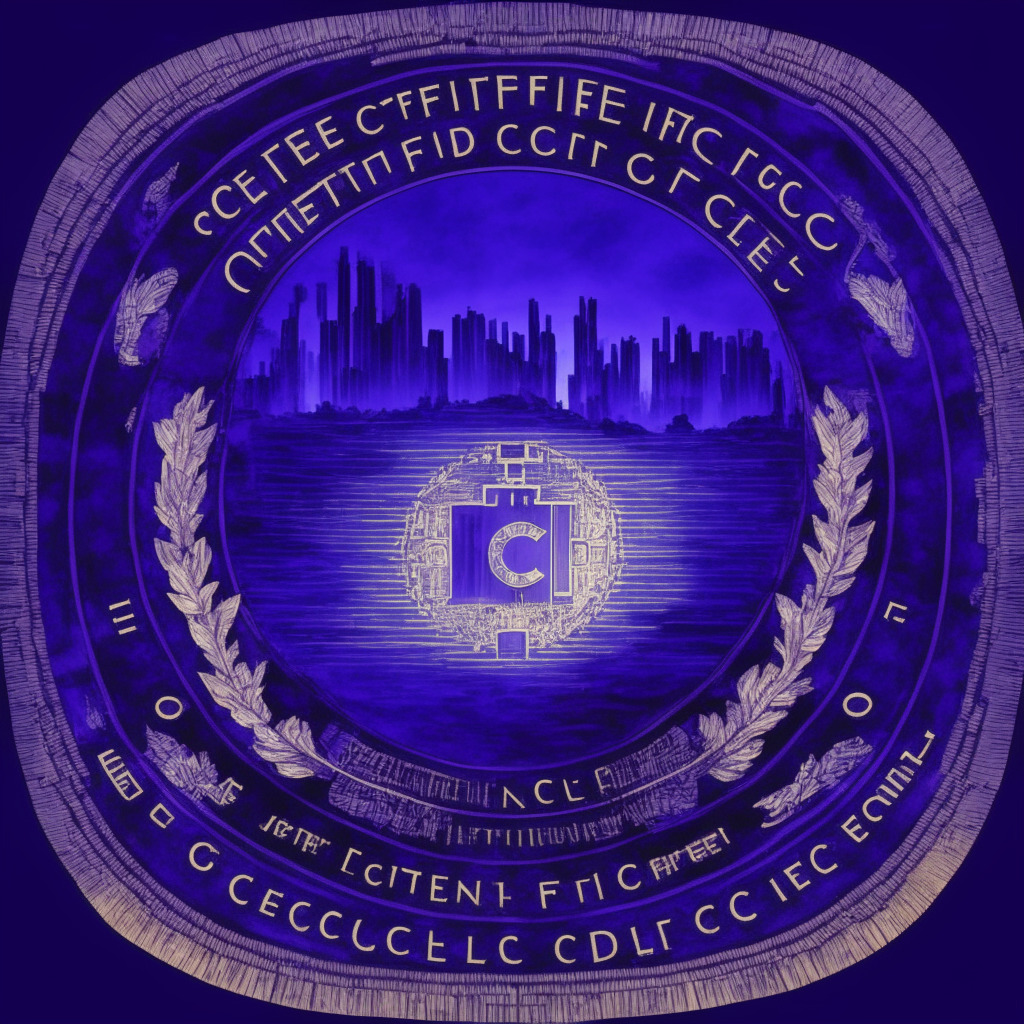In an engaging turn of events, prosecutors have set forth specifics for the jury in the forthcoming October trial of FTX co-founder, Sam Bankman-Fried. The voluminous filing, spanning over 100 pages, reflects proposed instructions for the jury from prosecutors, per the precedents set by Judge Lewis Kaplan in previous cases.
The seven accusations faced by Bankman-Fried, which include fraud and money laundering conspiracy in addition to wire, commodities, and securities fraud, were dissected in the report. Unlike the usual delineation of crimes, this document requested precise instructions on the allegations, the necessary conditions for Bankman-Fried’s guilt, his liability and relating evidence for each count.
The proposed directives also shed light on how the jury should scrutinize the evidence, debate among themselves, and reach a consensus on Bankman-Fried’s guilt for each charge. While such propositions are standard in criminal trials, the ultimate decision on jury instruction lies with Judge Kaplan.
Bankman-Fried, formerly of FTX, awaits his trial in jail, slated to commence on October 2nd, and is slated for a secondary verdict in March 2024 on the five additional counts. He denies all charges. He currently resides at the Brooklyn Metropolitan Detention Center since Judge Kaplan rescinded his bail on August 11th, subsequent to prosecutors asserting he divulged diary entries from ex-Alameda Research CEO Caroline Ellison to The New York Times.
In other technological security news, there’s been a rally call from Palo Alto Networks CEO, for corporations to update their cybersecurity defenses. The urgency to enact these defenses arises from the fact that cybercriminals are advancing faster than ever. According to Arora, there’s a pressing need for corporations to respond robustly to cyber threats, countering them in hours, not days. Artificial intelligence, he proposes, could assume an important role in expediting this process.
On another note, 2023 has seen a surges in cyber exploits that have infiltrated cryptocurrencies, particularly in decentralized financial protocols. Crypto hacks and exploits have reported losses of over $300 million in just the second quarter.
Simultaneously, the Security and Exchange Commission (SEC) adopted novel cybersecurity decree in July. They mandated public companies to announce “material” cybersecurity breaches within four days under the pretext of safeguarding investor interests. However, this move sparked unease among corporations, denouncing the rush to disclosure as unreasonable and risky, potentially leading to further exploitations.
Source: Cointelegraph




